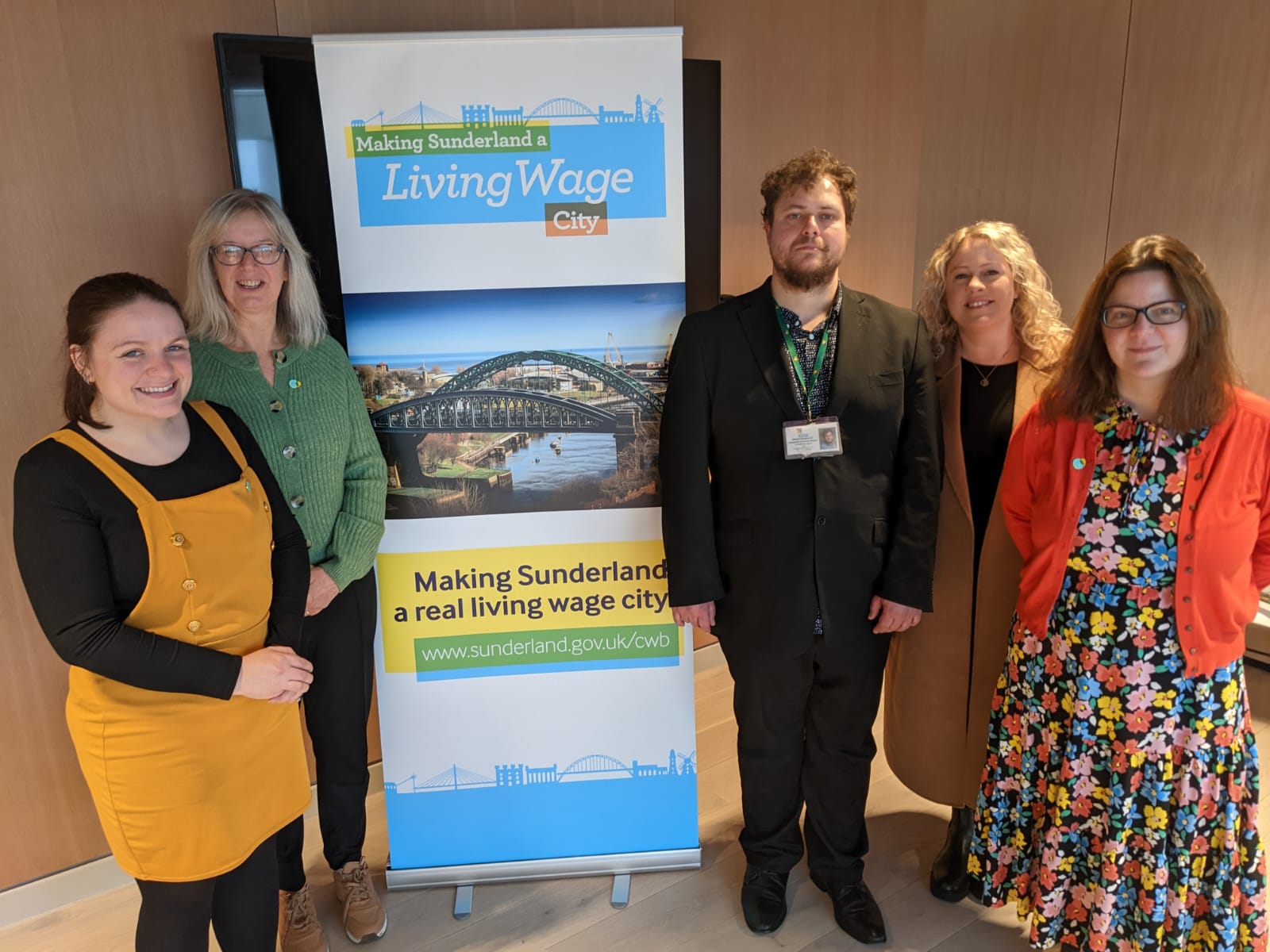Citizens Advice Newcastle
Posted on 27 Nov 2022 Categories: Blog, Community Initiatives, Local initiatives
by Barry Knight
The fifth applicant for the Janette Kirton-Darling Memorial Prize is Citizens Advice Newcastle. This is a small, independent charity providing free, confidential and independent advice to people who live, work or study in Newcastle. This also extends to practical help to fill in forms, write letters or negotiate with others on their behalf.
In common with all other applicants for the prize, Citizens Advice Newcastle is based on local people helping local people and facilitates people to campaign on issues that matter to them.
Unlike other applicants, however, Citizens Advice Newcastle has a long history, having been formed at the outbreak of the Second World War as a way of citizens helping each other to survive difficult times – a track record that makes it well placed to deal with the current troubles in our society.
How the service is organized
Staff and volunteers are trained to advise on just about any issue. These include money and debt, employment, consumer issues, welfare benefits, housing and homelessness, family disputes, immigration, human rights, education and health care. There are several specialist advice projects, including employability, home energy and support for people with debt issues.
Most advice is undertaken by volunteers – about 30 of them. The advice is undertaken in a variety of ways – face-to-face, phone and email. Volunteers are highly trained so that they can cope with the complex issues that they often have to deal with.
The service pays particular attention to people who are least able to help themselves because of poverty, ill health, disability or discrimination. Last year, 4,463 clients were helped on 18,000 different issues and gained £2.3 million as a result of the service.

Campaigns
The service uses data collected from clients to identify emerging problems, understand what is causing them and make recommendations about how to fix them. The data is then used as evidence to influence decision makers to change policies and practices. When successful, this work prevents further individuals from experiencing the same issues.
Low pay
The data collected from clients of the advice service point to a common factor behind many of the presenting problems that people seek help with. This is low pay. It drives debt, housing problems, use of food banks and much else. The soaring cost of living is making the situation much worse.
The living wage campaign
The prevalence of low pay among the clients of Citizens Advice Newcastle has led to its active leadership in the Living Wage Campaign undertaken by Citizens UK.
The focus of the campaign is to increase the number of Living Wage employers in the region. As a first step, local people in their organisations are encouraged to get involved and help with extensive listening to low paid workers, such as cleaners, catering staff and porters. The second step is to share results with key decision makers and to take public action to apply pressure for change.
The campaign is working
The campaign is proving to be highly successful. Numbers of accredited employers have increased from 30 to almost 200.
Early ambitions were to accredit one university, one local authority and one sports venue. In practice, two universities that have accredited (Sunderland and Newcastle), while one local authority (Sunderland City Council) and one major sports venue (Newcastle United Football Club) are on the way to completing their accreditation. These successes have resulted in thousands of people getting a pay rise across the region.
Current plans involve Durham University and Newcastle City Council. They also include HC – one the biggest providers of health and social care – because care workers not only deserve applause but also the right to earn enough to live on.
Improving the region
The Living Wage Campaign not only matters for the welfare of workers; it is also important for the welfare of the region. Smith Institute research shows that if a quarter of the region’s employers paid the Real Living Wage, this would boost the local economy by £29 million. It would also reduce the need for crisis responses such as foodbanks or debt advice that demean people.
Essentially, the living wage is a question of dignity. People in power can see this. A tipping point with the University of Sunderland occurred when a cleaner who spearheaded the campaign spoke to the Vice-Chancellor of the University. It was after this meeting that the university accredited as a Living Wage Employer.
Written by Barry Knight, based on material provided by Citizens Advice Newcastle
Want to keep up-to-date with more articles like this? Sign up to our newsletter.
Posted on 27 Nov 2022 Categories: Blog, Community Initiatives, Local initiatives
